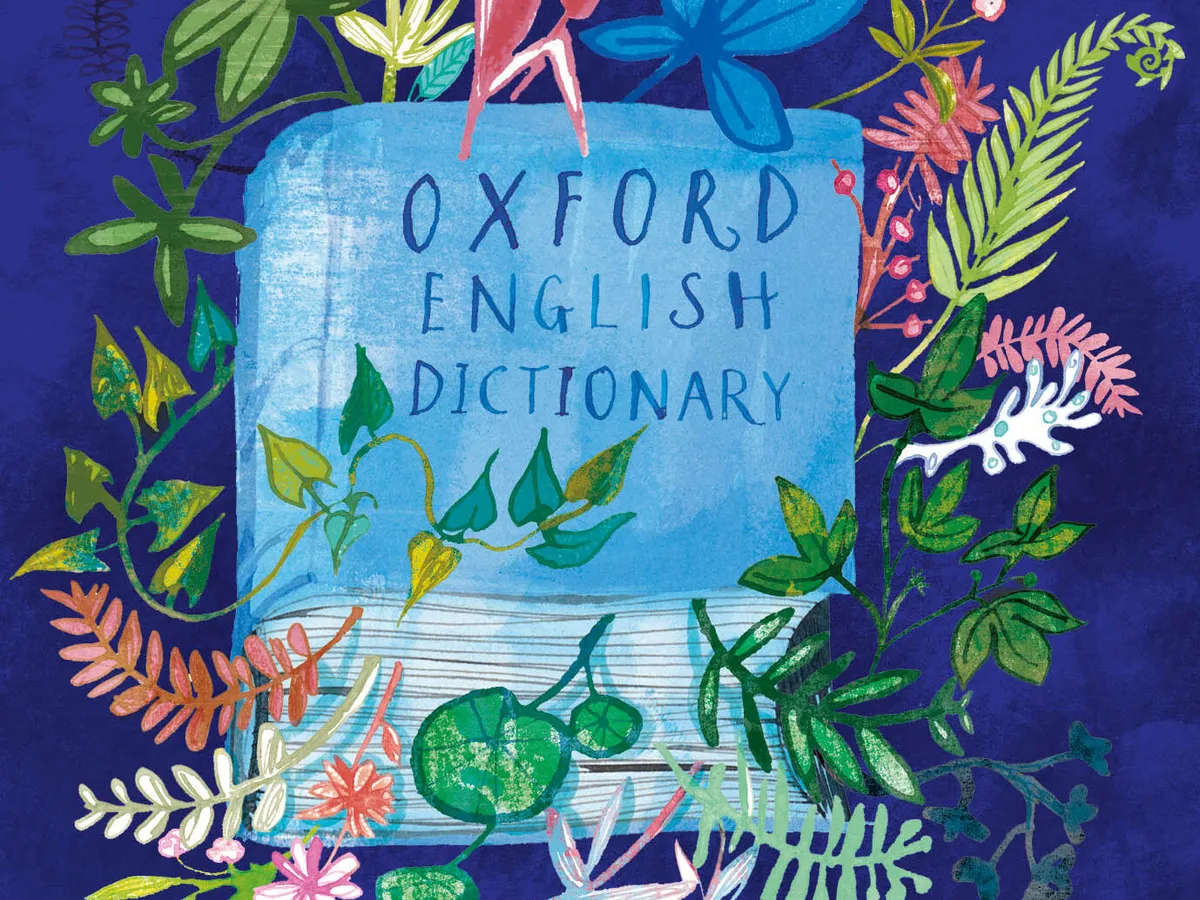When I use a word,” Humpty Dumpty said in rather a scornful tone, “it means just what I choose it to mean – neither more nor less.” So it goes in Through the Looking-Glass. Unfortunately, many of us have taken Humpty at his word, and use words to mean what we would like them to mean, or sometimes without knowing, or indeed caring, what they actually mean. Gardening is not immune. Here are some examples.
Grass
Once upon a time, you knew where you were with grass. Grass was the flat green stuff in the lawn, and the rest of the garden was something else, not grass anyway. But then, quite suddenly, ornamental grasses became fashionable garden plants, and they still are.
It would be dangerous to expect gardeners to distinguish between a wide range of vaguely grass-like plants.
One result is that garden centres and nurseries are keen to sell you an ever-larger range of grasses and – crucially – grass-like plants. But the burgeoning popularity of grasses has presented retailers with a conundrum: how much botany can the average gardener take without blowing a fuse? The consensus seems to be ‘not very much’; in other words, it would be dangerous to expect gardeners to distinguish between a wide range of vaguely grass-like plants.
What do I mean? Well, if I go online, to the RHS plant shop, for example, I can narrow things down by selecting ‘type of plant’. Clicking on ‘conifers’ takes me to a selection of plants that really are all conifers (all except one anyway). But if I click on ‘grasses’, the best I can say is that most of the plants I get are grasses, although one isn’t even a flowering plant at all. There’s nothing unusual, by the way, about the RHS shop; if I’d gone to any other online retailer, or indeed the ‘grasses’ section of any garden centre, I would have found the same.
The largest group of non-grasses available to gardeners are grasses’ less-successful relations, the sedges (mostly Carex). Two other ‘grasses’ on the RHS list are rushes: a true rush (Juncus effusus) and a woodrush (Luzula nivea). The latter probably is worth growing, while the former really isn’t.
Bamboos, which of course really are grasses, don’t appear on the grass list; instead they have a list of their own
Another large group of non-grasses is made up of species of Astelia, a New Zealand genus prized for its clumps of silvery leaves. They are only very distant cousins of grasses and are in fact not closely related to anything very familiar. Curiously, bamboos, which of course really are grasses, don’t appear on the grass list; instead they have a list of their own.

Organic
The problem is that two different meanings of the word organic often collide, sometimes even in the same sentence. The older and more general meaning of organic, according to my Shorter Oxford Dictionary, is: ‘Of, pertaining to, or derived from a living organism’. Basically, anything that is, or was, alive is organic. So the lovely stuff in your compost heap is organic matter and, since all its ingredients used
to be alive, blood, fish and bone is an organic fertiliser.
The stuff in your compost heap is organic in the dictionary sense, but is it also organic in the ‘organic farming’ sense?
But organic can also mean – among other things – ‘avoiding artificial fertilisers and pesticides’. Which is where the problems start. The stuff in your compost heap – along with blood, fish and bone – are certainly organic in the dictionary sense, but are they also organic in the ‘organic farming’ sense? Maybe, but maybe not.
I don’t think there’s a foolproof way of always being sure which sense of organic is intended. Context is usually a guide, but not always. For example, I think we can be reasonably sure that seaweed is organic in
both senses, but I’m still not sure what the RHS means when it says ‘seaweed is a common additive to fertilisers, both organic and non-organic’.
Herbaceous
I’m at a loss to understand why the word ‘herbaceous’ seems to cause so much confusion. For example, some websites and magazine articles somehow manage to suggest that ‘evergreen’ is the opposite of ‘herbaceous’.
‘Herbaceous’ is simply the opposite of woody
In fact ‘herbaceous’ is simply the opposite of woody: any plant that doesn’t form a woody stem is herbaceous. But a herbaceous (non-woody) plant doesn’t have to be deciduous, and to prove it, a significant minority are evergreen, for example bergenias, hellebores, sedges, saxifrages, most heucheras, many euphorbias and epimediums, several ferns and geraniums, Ophiopogon,
Libertia peregrinans, Stachys byzantina and no doubt many more.
To make sense of all this, we should be careful to recognise three quite separate ideas. First, woody and herbaceous. Second, evergreen and deciduous. And third, annual and perennial (plus, for completeness, biennial). We can then combine these three, in almost any way we like, to describe all the different kinds of plants we find in our gardens. Of course a few combinations simply aren’t possible: it’s not easy being both annual and woody.
But apart from that, both woody (trees and shrubs) and herbaceous plants can be evergreen or deciduous, and herbaceous plants can be annual or perennial. It’s only if we try to shoehorn two meanings (or even three) into a single definition that we start to run into trouble.
Note, by the way, that the noun that goes with herbaceous is herb, and to a botanist a herb is just any non-woody plant. But herbs in the culinary or medicinal sense can be either herbaceous or woody. And annual or perennial, as well as deciduous or evergreen, come to that…




